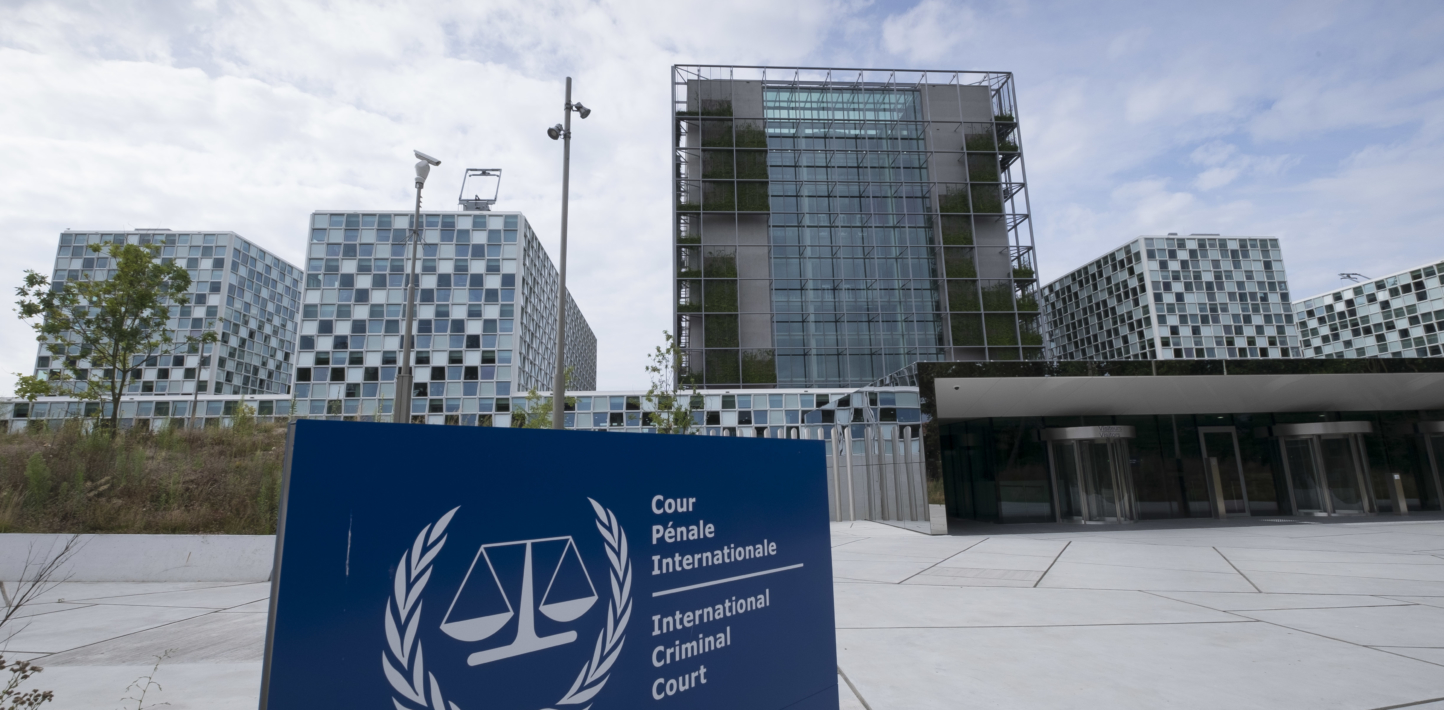PHILIPPINE COALITION FOR THE INTERNATIONAL CRIMINAL COURT (PCICC)
Significance of the Appeals Chamber Decision
We highly welcome the International Criminal Court (ICC) Appeals Chamber decision rejecting and dismissing the appeal of the Philippine government to stop the investigation of the Philippine situation by the ICC. We have been waiting for this decision. The families of victims of the war on drugs have long been waiting for justice. As of now, many of the victims and families who suffered and continue to suffer due to the brutal war on drugs pin their hopes on the ICC as the only credible venue for justice.
A dismissal of the Philippine appeal by the ICC Appeals Chamber is very significant.
First it will allow for the continuation of the investigation by the ICC Office of the Prosecutor. With a faster investigation by the ICC Prosecutor, we expect that suspects and charges will be determined, towards issuance of arrest warrants that can result to a trial and conviction of officials of the Philippines who instigated and encouraged the massive and systematic killings as well as torture, and even sexual violence. The Assembly of State Parties of the ICC should provide greater resources and political support to the Court to be able to conduct effective and faster work for justice.
Second, the Appeals Chamber decision will send a clear message that the ICC is a court that breaks impunity in countries including the Philippines. It sends a strong message to perpetrators and the architects of heinous crimes that no one is above the law and perpetrators of serious crimes must not escape accountability.
Third, the decision is a signal to the Philippine government officials that the domestic investigations have been woefully inadequate, do not reach the judicial standards for serious crimes of international concern and shows that the Philippine government has failed to give clear evidence that it is willing and able to prosecute perpetrators of grave crimes.
This should serve as a wake-up call for the Philippine government under President Marcos Jr. to re- assess their current position of non- cooperation with the ICC. The Philippine Supreme Court has ruled that the Philippine government has an obligation to cooperation with the ICC to be able to do its work in the country.
The Memorandum Circular on Drug War “Oplan Double Barrel” has not been revoked and needed reforms on law and policy on drugs remain wanting. The Philippine government needs to diligently assess its work, learn lessons, and develop a completely different strategy from Duterte’s bloody war on drugs and come out with a comprehensive rights-based policy and campaign against illegal drugs.
Impunity must be broken in the Philippines
Historically, sanctions against top officials for crimes have been scarce in our country, with many escaping the domestic criminal justice system to enjoy their loot or bask without shame despite evidence of wrongdoing and arrogantly comeback to power with impunity, assisted by misinformation and false narratives funded by their ill-gotten wealth.
The “Basic Principles and Guidelines on the Right to a Remedy and Reparation for Victims of Gross Violations of International Human Rights Law and Serious Violations of International Humanitarian Law” adopted by the UN General Assembly states: “the statutes of limitations shall not apply to gross violations of international human rights law and serious violations of international humanitarian law which constitute crimes under international law.”
The Philippine Supreme Court has recognized that the Philippine government has an obligation to cooperate with the ICC and we have a domestic law, RA 9851 that can be used to prosecute crimes against humanity and other crimes of serious international concern.
In the interest of justice –
We call on the Philippine government to step up its criminal investigations on all the willful killings in the war on drugs and bring to the courts the direct perpetrators and their superiors using the laws of the country including Republic Act 9851. The pillar of the Philippine judicial system, especially the law enforcement agencies, including the police, PDEA and the NBI must investigate and provide the information needed to the prosecutors. “Self-defense” and “presumption of regularity of operations” in the “war on drugs” still need to be investigated and brought to the court. The court decides whether there is basis for “self defense” and “regularity”.
We call on other government officials to add to the voices of a few legislators who support justice and cooperation with the ICC. The ICC is a friend. It does not bring harm to the people and the country. The ICC complements the Philippines judicial system in efforts for justice.
The Philippine government should immediately adopt comprehensive rights-based policies and programs in its efforts to control illegal drugs. It should review the Dangerous Drugs Law and the Memo Circular on Operation Double Barrel and replace them with rights-based laws and memoranda.
We call on the Assembly of States Parties of the ICC to provide the necessary resources and political support to the International Criminal Court in order that it can effectively investigate and prosecute perpetrators of heinous crimes and provide reparations to victims.
We call on the international community including the United Nations to provide resources and support of justice for crimes of international concern.
We also call on the International Criminal Court as a court of last resort to muster all its capacities to exact accountability the soonest possible time for the grave crimes of international concern in the Philippines.


